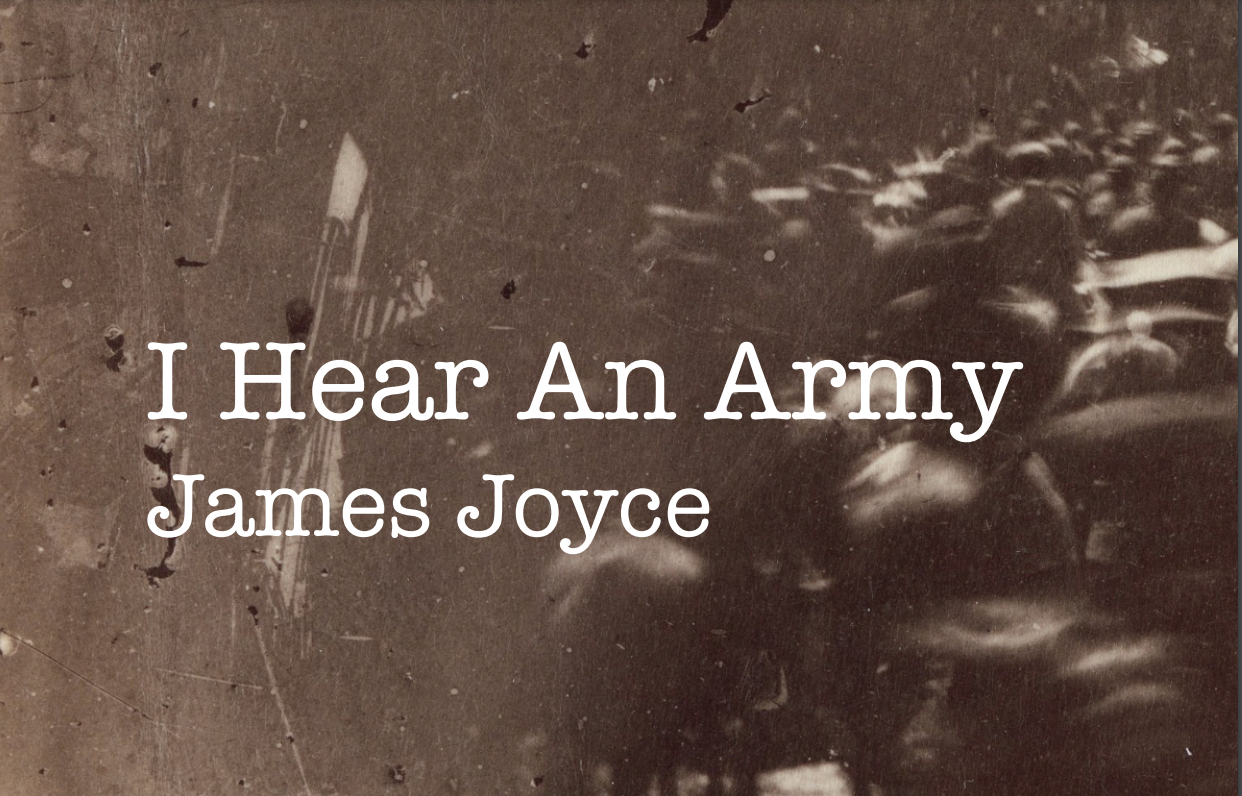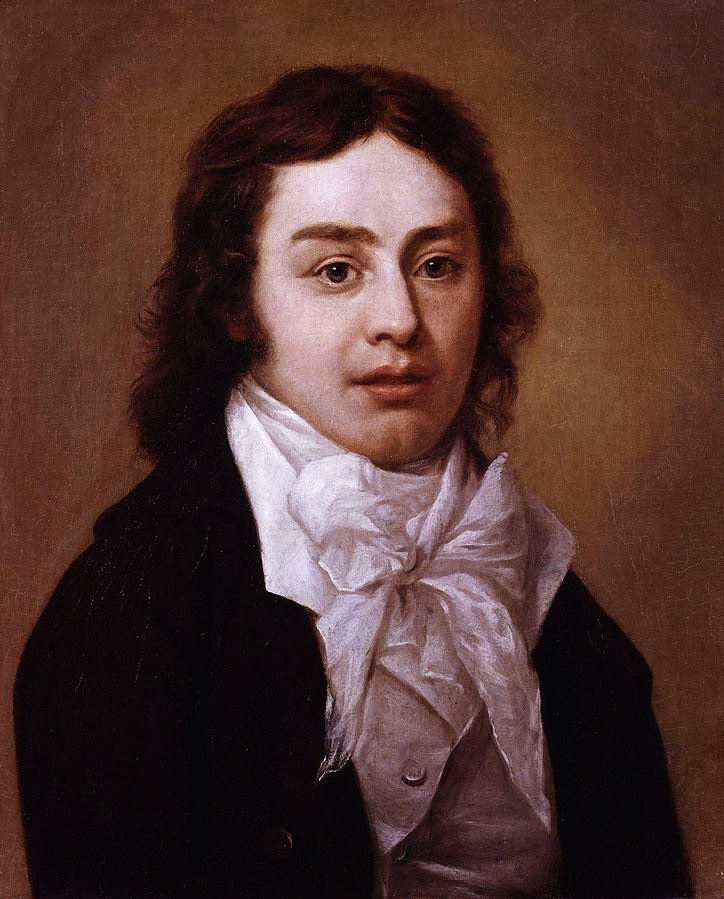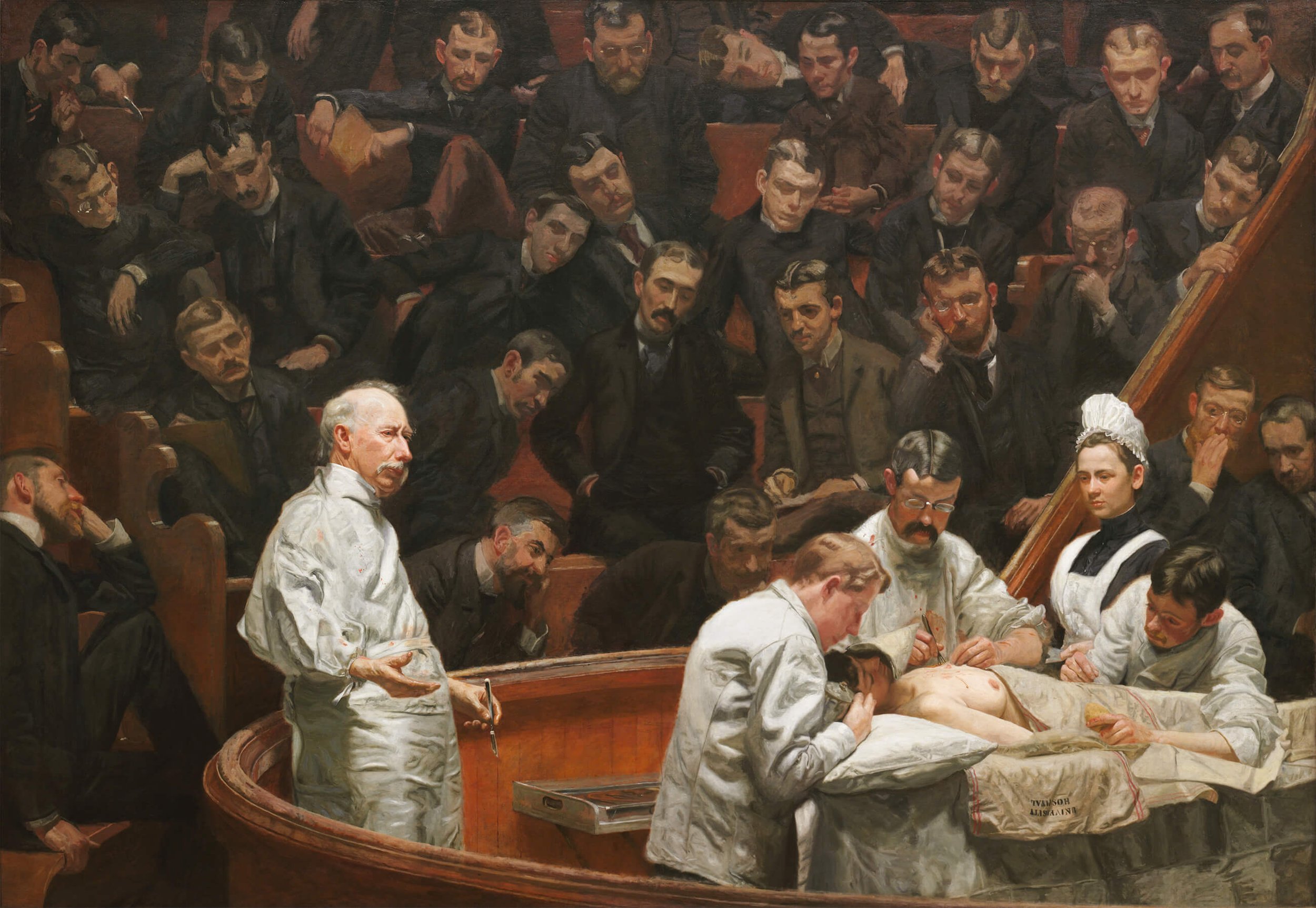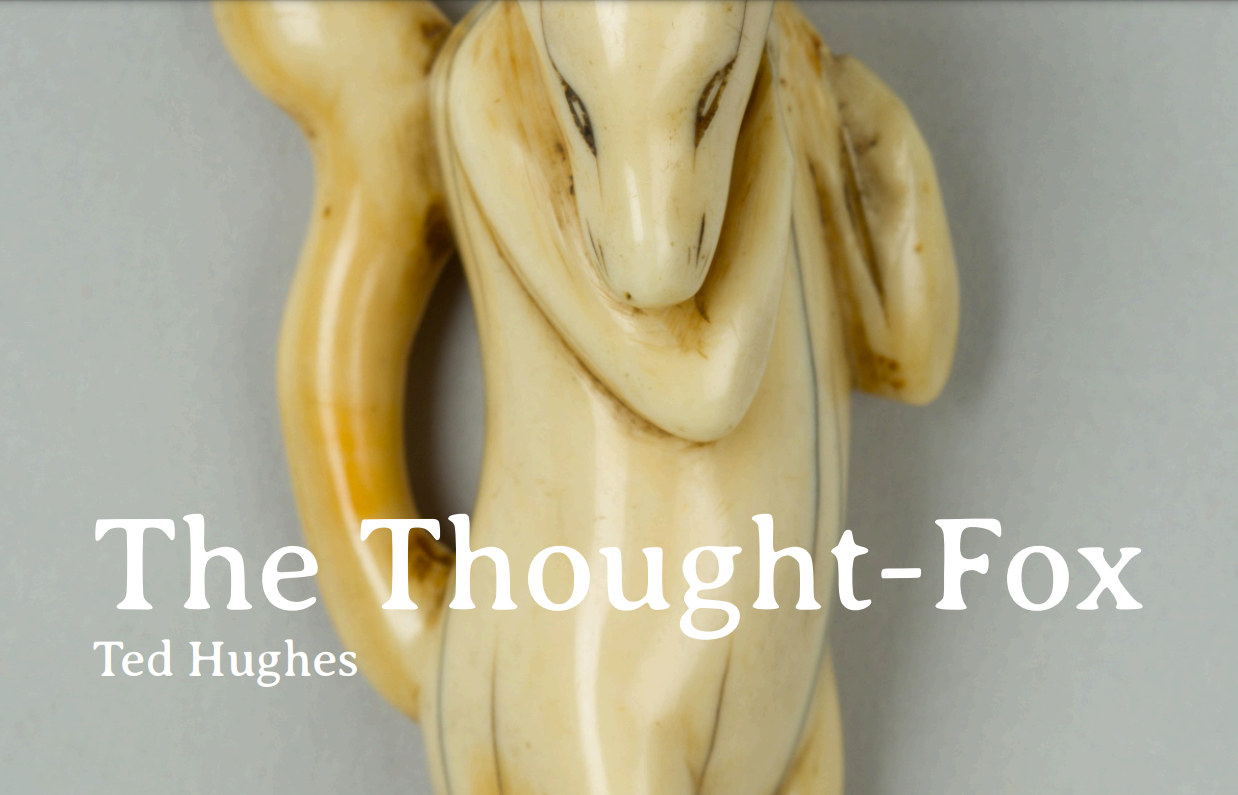
How to Craft the Perfect Cambridge IGCSE Poetry Analysis Essay
The Cambridge IGCSE poetry analysis essay provides an excellent opportunity for students to demonstrate their analytical and interpretative skills. Whether you're exploring the theme of a poem, examining its use of literary devices, or analysing the tone and mood, writing a strong essay requires a structured approach, clear arguments, and a deep understanding of the text.

Make Your Own Ted Hughes Cambridge IGCSE Poetry Exam Questions!
Studying Ted Hughes’ poetry for the Cambridge IGCSE can be both fascinating and challenging. His intense imagery, deep connections to nature, and powerful themes offer a lot to explore. To prepare effectively for the exam, creating your own practice questions is a fantastic way to test comprehension and analytical skills. Here’s a guide to crafting high-quality exam questions based on Hughes’ poetry.

10 Futuristic Creative Writing Prompts for AQA GCSE English Language
If you're preparing for the AQA GCSE English Language exam, you’ll know that creative writing is a key part of Paper 1, Section B. Examiners love imaginative, well-structured responses, and what better way to stand out than by exploring the future? Sci-fi and dystopian fiction allow for vivid descriptions, strong narratives, and thought-provoking ideas—all of which earn top marks.

Context for James Joyce’s ‘I Hear an Army’
James Joyce’s poem ‘I Hear an Army’ (1907) is a striking and intense piece that reflects themes of loneliness, betrayal, and existential turmoil. It was published in Chamber Music, a collection of Joyce’s early poetry. Unlike the musical and lyrical quality of many poems in the collection, ‘I Hear an Army’ is more dramatic and foreboding, filled with vivid imagery of a charging army and an overwhelming sense of despair.

‘She Was a Phantom of Delight’ by Wordsworth: Context
William Wordsworth’s poem ‘She Was a Phantom of Delight’ (1804) is a deeply personal and romantic portrayal of his wife, Mary Hutchinson. This poem, written in three stanzas, traces the evolution of his perception of her—from an almost ethereal and mystical presence to a grounded and steadfast partner.

Context for Coleridge’s ‘From Fears in Solitude’
Samuel Taylor Coleridge’s poem From Fears in Solitude (1798) is deeply embedded in the political, social, and personal anxieties of its time. Written during the turmoil of the French Revolutionary Wars, the poem reflects Coleridge’s meditations on war, national identity, and the role of the poet in turbulent times.

A Clear Explanation of Ted Hughes’ ‘Relic’
Ted Hughes was one of the most prominent British poets of the 20th century. His first poetry volume, The Hawk in the Rain, published in 1957, affirmed him as a fresh voice on the literary scene, the poet impressing his readers with the rawness of his lyrics. ‘Relic’ was included in his second volume, Lupercal, published in 1960. It followed the same lucidity in expression whilst approaching themes like nature, the cycle of life, violence, and power.

A Clear Explanation of ‘The Horses’ by Ted Hughes
This is one of Hughes’ most famous and accomplished poems. The speaker is walking in a field at the crack of dawn - he looks up to a ridge, and sees horses silhouetted against the sky. Hughes seems to have a deep understanding of animal instincts. The speaker raises alarm at the offset with the phrases 'evil air' and a 'frost-making stillness'. Having sensed danger, the speaker reassures the readers with the words 'brightening grey.' In the poem ‘The Horses’, Hughes has created a life-force and distinctly non-human expression. He observes man's reluctance to acknowledge the sources of energy; the horses have endured severe conditions all night long, yet they accept the new day graciously.

How to Create Setting in Narrative Writing
Creating a good setting in narrative writing is essential to immerse readers in your story, making it more vivid and engaging. Here are some tips on how to craft an effective setting.

Jekyll + Hyde: Victorian Society
Here’s some contextual detail on the Victorians and late Victorian society, in order to help you understand the background of Jekyll and Hyde in more detail. Use these ideas in essays in order to analyse the text more deeply - the more you understand about the society in which a book was produced, the more accurate and precise your analysis will be.

Jekyll + Hyde: Secrecy and Reputation
This post gives you a full breakdown of the themes of Secrecy and Reputation in The Strange Case of Dr Jekyll and Mr Hyde. You can use these ideas in essays as the ‘Points’ in PEE paragraphs; you can also use them more generally during your analysis of quotations. Be sure to also develop your own thoughts and opinions on these points as well, so you’re integrating your ‘personal response’ into analysis.

Jekyll + Hyde: Key Quotations
Here’s a list of key quotations in The Strange Case of Dr Jekyll and Mr Hyde, from a range of different characters and covering a variety of themes and ideas. Use this list to help you quote precisely and accurately in essays!

Love (III) by George Herbert: Explained
Love (III) is one of his most celebrated poems, appearing in his posthumously published collection The Temple (1633). This poem presents an intimate and moving dialogue between the speaker and divine Love, depicting the interaction between human unworthiness and God's boundless grace.

Stabat Mater by Sam Hunt: Explained
Drawing inspiration from the traditional Catholic hymn of the same name, Hunt’s poem reimagines the maternal figure in a modern and deeply personal context. In this blog post, we’ll explore the themes, style, and significance of Stabat Mater within Sam Hunt’s body of work.

An Afternoon Nap by Arthur Yap: Explained
An Afternoon Nap is a short, unassuming poem that describes the poet’s experience of taking a nap on a warm afternoon. On the surface, it is a calm and soothing depiction of a universally relatable experience. But as with much of Yap's poetry, there is a deeper layer of meaning beneath the surface. The poem uses minimalist language to explore themes of time, impermanence, and the relationship between human beings and their environment.

The Theme of Nature in Ted Hughes’ Poetry
Ted Hughes, one of the most significant poets of the 20th century, often explored the intricate relationship between humanity and the natural world. His poetry reflects a profound respect for nature’s power, beauty, and brutality, portraying it as a force that is both awe-inspiring and indifferent to human concerns.

The Thought-Fox by Ted Hughes: What is it About?
"The Thought-Fox" by Ted Hughes is a celebrated poem that delves into the creative process and the mysterious nature of inspiration. In this blog post, you can find a short analysis of the poem.

Ted Hughes: Grade 9 Full Mark Essay Example
In this post, you will find a full mark example essay that delves into Hughes’ poetic brilliance. Whether you're a student aiming for academic success or simply a literature enthusiast seeking inspiration, this essay will provide valuable insights into analysing Hughes’ poetry at the highest level.

How to Write Beautiful Prose in Creative Writing: A Guide for GCSE Students
When it comes to creative writing, one of the most exciting challenges is crafting beautiful prose. Beautiful prose is more than just writing that sounds good—it’s about creating a sense of rhythm, emotion, and vivid imagery that transports your reader. For GCSE students, mastering this skill can help elevate your writing, whether you’re working on a descriptive piece, a short story, or a narrative. In this post, we’ll explore how to write beautiful prose by combining creative techniques with practical advice, and we’ll look at examples from respected writers to inspire your own work.

AQA Language Paper 1: Jun 2022 Paper + Mark Scheme
Here’s the past paper for AQA GCSE English Language ‘Explorations in Creative Reading and Writing’, Jun 2022.
